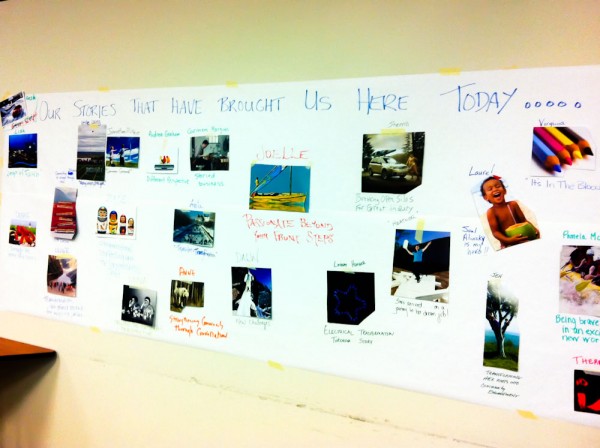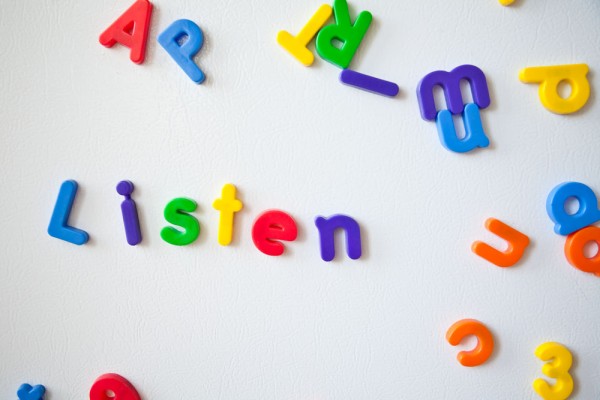I was lucky enough to attend a workshop, hosted by the Centre of Public Involvement, with Pattie LaCroix of Catapult Media. The focus was how to use storytelling in consultation and engagement processes and why. It had huge uptake and even had to add another workshop because the first one filled up so quickly! Participants came from varied backgrounds, including City and Provincial employees, public health professionals, consultants and the general public.
There were a few elements of the day that stuck out for me. First of all, our reactions and responses to all sorts of information are mired in our emotions, but we don’t necessarily recognize it. Telling and hearing stories allows us to access our emotion and acknowledge it to a greater degree in support of community building and dealing with conflict.
Another aspect that stood out for me was vulnerability. The vulnerable state many of us experience while telling our stories has to be honoured and respected. If we are to use storytelling in engagement it is critical that we ensure the space feel safe for becoming vulnerable. An integral part of creating that safe space is just genuinely listening to the stories people tell, and being open to them – that is, not making assumptions and/or defining people by ‘single stories’.

During the workshop, Pattie shared this TED talk about the ‘single story’. Nigerian author Chimamanda Ngozi relates her experiences both as the holder and subject of the ‘single story’. The narrative encouraged me to reflect on how easy it is to reduce others to a single story, and how limiting that is. I think is especially easy to do in the face of disagreement. If someone disagrees with you, it is much more comfortable to dismiss them altogether, rather than pushing for common ground and/or uncovering complexity. To get past the single story, we have to listen to each other, even (especially) when we disagree – with listening comes an appreciation for the perspective of others and opportunties for finding new solutions outside of a win/lose paradigm.
What stories do you tell about where you live? Do you really listen when others tell theirs?

